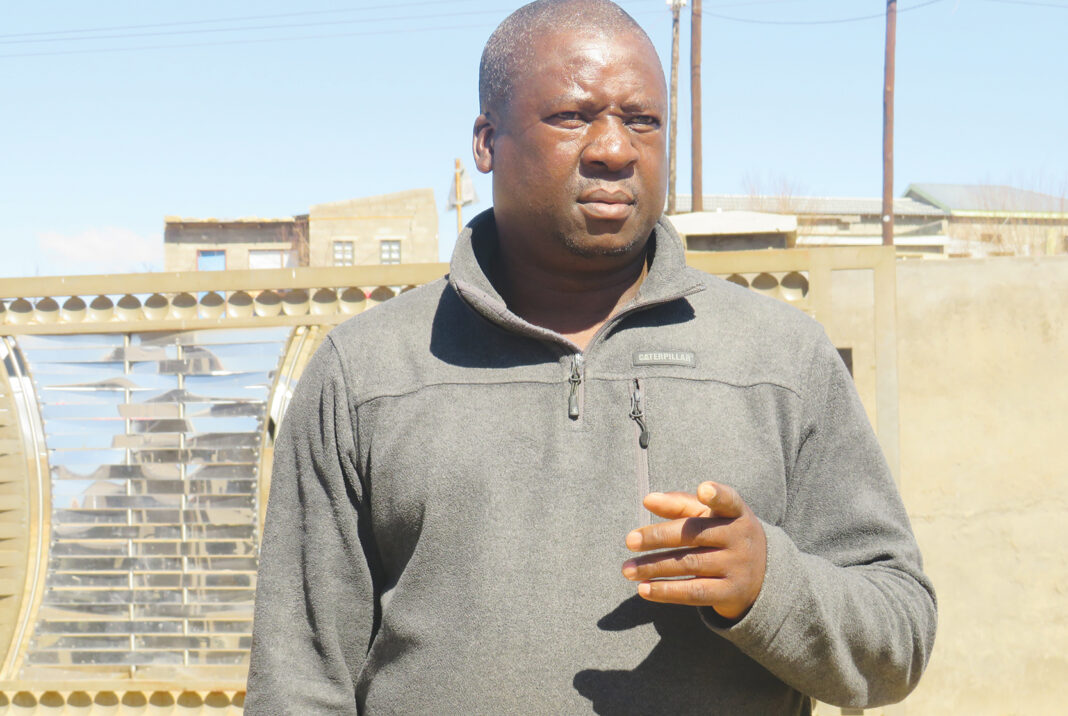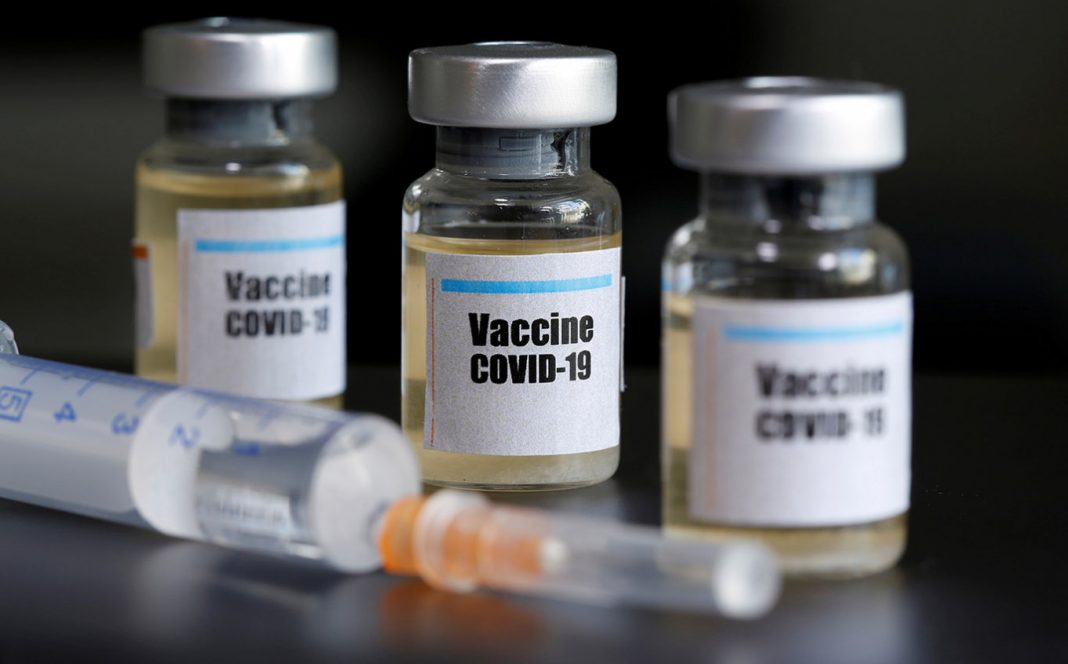Young people are expected to march to Parliament today to hand over a petition to the Leader of the National Assembly. In brief, they are demanding revocation of the M5000 monthly fuel allowances that are enjoyed by legislators.
The validity, merits or demerits of the demand is neither nor there. But we commend the youth for taking a stand and expressing their opinion against what they perceive to be an injustice.
The youth of this country are always referred to as the future of the country. Yet, they are classified among the voiceless. We would like to challenge this notion. There is nothing like ‘the voiceless’. They are deliberately silenced and preferably unheard.
Indeed, the youth do have a role to play in politics. However, we maintain that the role of the youth in politics should not be limited to protest marches only. For political systems to be representative, all parts of society must be included. When young people are disenfranchised or disengaged from political processes, a significant portion of the population has little or no voice or influence in decisions that affect group members’ lives. A key consequence is the undermining of political systems’ representativeness.
In order for Lesotho’s youth to make a difference in the longer term, it is essential that young people are engaged in formal political processes and have a say in formulating today’s and tomorrow’s politics.
Inclusive political participation is not only a fundamental political and democratic right but also is crucial to building stable and peaceful societies and developing policies that respond to the specific needs of younger generations. For young people to be adequately represented in political institutions, processes, and decision-making, and in particular in elections, they must know their rights and be given the necessary knowledge and capacity to participate in a meaningful way at all levels.
In new and emerging democracies, the inclusion of young people in formal political processes is important from the start. Young people’s active contributions can bring democratic values to life, leading to the overturning of authoritarian practices. In countries where young people have led protests that have forced authoritarian regimes from power, they are likely to feel significant frustration if they are not included in new formal decision-making procedures. This can destabilize democratization and accelerate conflict dynamics.
The youth are talking; are we listening?









